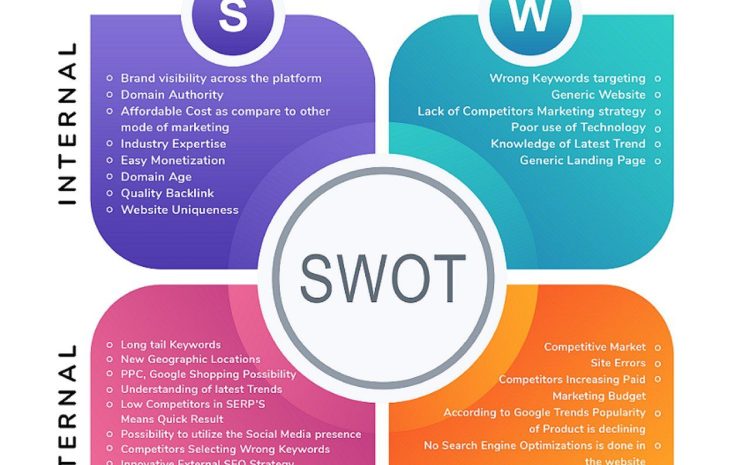Unraveling the Complexities of Search Engines: A Comprehensive Analysis
The digital landscape of the 21st century has been shaped by the ubiquitous presence of search engines such as Google, Bing, and Yahoo. These complex software programs serve as gateways to the vast information network of the Internet. However, the inner workings of search engines, from the intricate algorithms they use to the strategies employed to deliver the most relevant results, often remain a mystery to the average user. This piece aims to provide an in-depth examination of search engines, their evolution, and the challenges they face.
Search engines consist of three primary components: web crawlers, an index, and a search algorithm. Web crawlers, also known as spiders or bots, are automated programs that traverse the Internet, following links from one webpage to another, collecting and cataloging information. The index is a massive database where all the information collected by the web crawlers is stored, serving as the search engine’s library of webpages. The search algorithm is a set of rules and calculations that the search engine uses to determine the relevance of a webpage to a particular search query. These algorithms consider a multitude of factors, including the frequency of the search term’s appearance on the page, the page’s overall popularity, and the reliability of the website.
The evolution of search engines has been marked by significant technological advancements. The first search engines, such as Archie and AltaVista, relied on basic keyword matching and did not account for the relevance or quality of the content. The advent of Google in the late 1990s revolutionized the search engine landscape with the introduction of the PageRank algorithm. This algorithm assessed the number and quality of links pointing to a webpage to determine its relevance, allowing Google to provide more accurate and useful results. Over the years, search engines have continually refined their algorithms, incorporating factors such as social signals, user behavior, and mobile-friendliness.
Artificial intelligence (AI) and machine learning have played pivotal roles in the recent evolution of search engines. Google’s introduction of the RankBrain algorithm in 2015 marked a significant shift in search engine operations. RankBrain uses machine learning to understand the intent behind a user’s search query, enabling the delivery of more relevant results. AI and machine learning also combat web spam and black-hat SEO tactics, improving the overall quality of search results. They further enhance the search experience by enabling search engines to understand and index non-text content such as images, videos, and voice search queries.
Despite their sophistication, search engines face numerous challenges. The sheer volume of information on the Internet, with billions of webpages and more being added every day, makes it a daunting task to ensure the most relevant and high-quality content is presented to the user. The constant evolution of the Internet and user behavior, exemplified by the rise of mobile browsing, voice search, and social media, necessitates continual adaptation of search engine algorithms. Balancing personalization and privacy is another significant challenge. While personalized search results can enhance the user experience, they also raise serious privacy concerns. Ensuring responsible and transparent use of personal data is a major challenge for search engines.
In conclusion, search engines are intricate systems playing a crucial role in our digital lives. Understanding their workings can demystify the process of online search and enable us to utilize them more effectively. As technology continues to evolve, so too will search engines, becoming even more sophisticated and integral to our information-seeking behaviors. Despite the challenges they face, the future of search engines looks promising, with advancements in AI and machine learning poised to deliver more accurate, relevant, and personalized search results.



